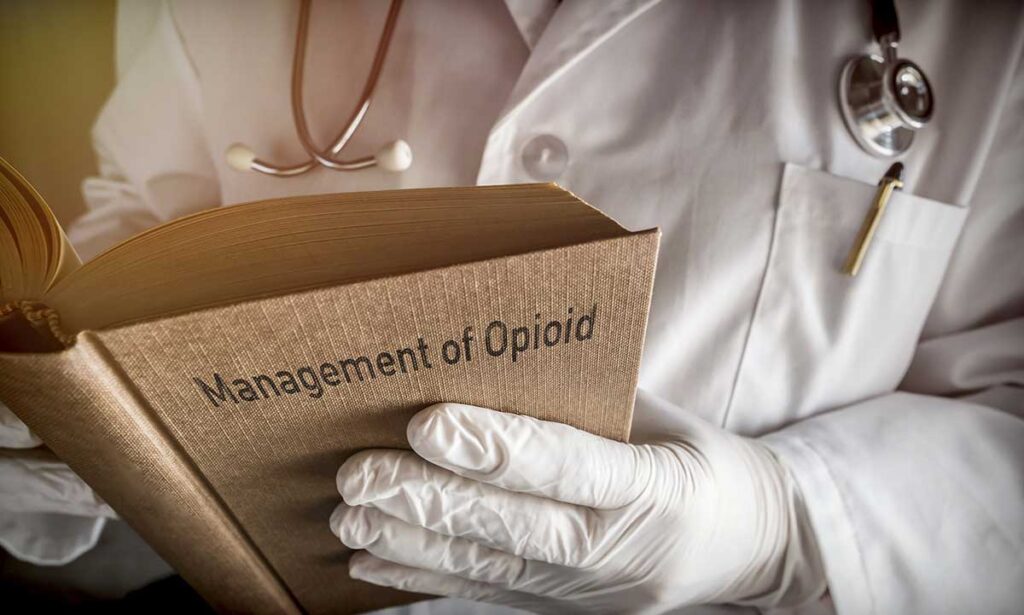Welcome to the Leading Resource for Rapid Detox Education
If you or someone you care about is exploring accelerated solutions for opioid dependence, you’ve found a trusted source. Our comprehensive guide offers medically grounded insights into rapid detox protocols, designed to help you understand the safest and most effective approaches to opioid detoxification under sedation. Backed by decades of expertise, this information supports informed decisions and safer outcomes.
Rapid Detox provides a hopeful route for those seeking an opioid-free life, yet it’s important to approach it with clear eyes. A thorough inpatient evaluation before detox, followed by a few days of inpatient care afterward, is vital. This all-encompassing approach ensures not just safety but also the comfort and well-being of each patient.
Comprehensive Guide to Understanding Rapid Detox
What is Rapid Detox?
Rapid Detox represents a breakthrough in the field of addiction treatment, employing advanced medical techniques to expedite the detoxification process. This method dramatically accelerates the elimination of opioids, from the body, aiming to significantly reduce the duration and intensity of withdrawal symptoms. By offering a more immediate transition towards recovery, Rapid Detox caters to individuals seeking an effective and swift solution to overcome opioid use disorder.
The Science Behind Rapid Detox
At the core of Rapid Detox is the use of anesthesia-assisted protocols combined with medication that targets opioid receptors in the brain. This dual approach ensures that while patients are under sedation, their bodies are actively clearing out opioids, bypassing the most severe withdrawal stages. This scientifically backed method not only mitigates the physical discomfort commonly associated with detoxification but also addresses the psychological challenges, paving the way for a smoother recovery journey. Spearheading this innovative approach with decades of medical excellence and rigorous safety protocols is the internationally acclaimed Waismann Method.
The Benefits of Choosing Rapid Opiate Detox
- Minimized Withdrawal Symptoms: Rapid Detox significantly lessens the pain and discomfort associated with withdrawal. This method includes the strategic blockage of opioid receptors to eliminate physical cravings, offering a compassionate and effective approach to initiating recovery.
- Efficiency and Time-Saving: This approach reduces the detox period, enabling patients to swiftly progress to the next phases of their recovery journey, including essential therapy and rehabilitation. Such efficiency is pivotal for long-term recovery success.
- Immediate Craving Control: Unique to our Rapid Detox program is the ability to administer a Vivitrol shot the day after the procedure. This option provides immediate aid in craving control, playing a crucial role in preventing relapse and supporting the recovery process.
- Accelerated Nervous System Recovery: Beyond addressing withdrawal symptoms and cravings, our Rapid Detox accelerates the recovery of the nervous system. This rapid healing helps patients regain their physical and mental well-being more quickly than traditional detox methods allow.
- Medical Supervision and Safety: Performed in a medical setting with continuous monitoring by specialized healthcare professionals, Rapid Detox emphasizes patient safety and well-being. We ensure a controlled and supportive environment for detoxification, making it a secure choice for those seeking freedom from addiction.
Success Stories
Rapid detox under sedation shines as an effective way forward for those fighting opioid addiction and looking for a dependable detox strategy. The greatest success comes to those who fully commit to a thorough health and lifestyle regimen, including vital post-detox care and support. The path to recovery kicks off with a detailed inpatient medical exam for patients of the Waismann Method, making sure Rapid Detox is the safest and most fitting choice for their specific health situation. This approach highlights how success springs from a team effort. It starts with the expertise of dedicated, experienced, and caring physicians who provide a safe and effective procedure. Together, the professionals and patients create the foundation for a successful recovery journey.
The Typical Rapid Detox Process: A Medical Insight
While patient needs and health specifics may tailor the procedure, a general trajectory of the Rapid Detox process involves three principal stages:
- Initial Assessment & Stabilization: Upon hospital admission, patients commence their journey with a focus on immediate comfort. This entails the administration of specific medications to prevent withdrawal symptoms. A thorough medical evaluation is integral at this stage, determining the patient’s readiness for the subsequent detox process. Ensuring patient well-being, additional medications and intravenous hydration protocols are meticulously implemented.
- Detoxification—The Core Procedure: This phase represents the essence of Rapid Detox. Under closely monitored sedation, patients are administered a series of specialized intravenous medications. These agents work strategically, engaging with and cleansing the opioid receptors in the brain. As a result, withdrawal symptoms are either vastly minimized or entirely eradicated. Throughout this pivotal process, the patient remains in a tranquil state within the privacy and safety of their dedicated ICU suite.
- Structured Post-Detox Recovery: Upon completion of the detox procedure, patients transition under the watchful care of our seasoned medical team. This post-detox phase is facilitated at our exclusive recovery retreat, ensuring a seamless and supportive transition. With an emphasis on holistic wellness, we offer a tailored recovery experience, addressing both physical recuperation and emotional well-being. Within days, patients find themselves equipped and empowered to commence their opioid-free journey with confidence.
Waismann Method, with over a quarter-century of unparalleled expertise, remains committed to advancing the standards of opioid treatment. Choose excellence, choose proven medical integrity —embrace the path to an opioid-free future.
Is Rapid Detox Safe?
When it comes to overcoming opioid addiction, rapid detox has emerged as a noteworthy option. But the critical question remains: Is rapid detox safe?
The short answer is yes, with qualifications. Rapid detox, a process that accelerates the elimination of opioids from the body under medical supervision, has been a part of addiction treatment since the 1980s. It promises quicker relief from withdrawal symptoms by using anesthesia-assisted detoxification, making the journey to recovery not only faster but also less painful compared to traditional detox methods.
However, the suitability and safety of rapid detox vary from person to person. It necessitates a thorough medical evaluation to ensure it’s the right fit. This evaluation might also highlight alternative treatments that could be more appropriate based on the individual’s health profile. Ensuring safety, treatments are conducted in accredited hospitals under the supervision of board-certified anesthesiologists, providing a controlled and supportive detoxification environment.
While rapid detox has several benefits, setting realistic expectations is crucial. Reputable providers will always prioritize quantity and quality of care, steering clear of any misleading claims of quick fixes or instant cures.
A Word of Caution: Extreme caution is advised against promises of curing addiction overnight or claims that suggest a single hospital stay can reset the central nervous system to a pre-addiction state. Such overstatements can create unrealistic expectations, potentially leading to disillusionment or an increased risk of relapse.















